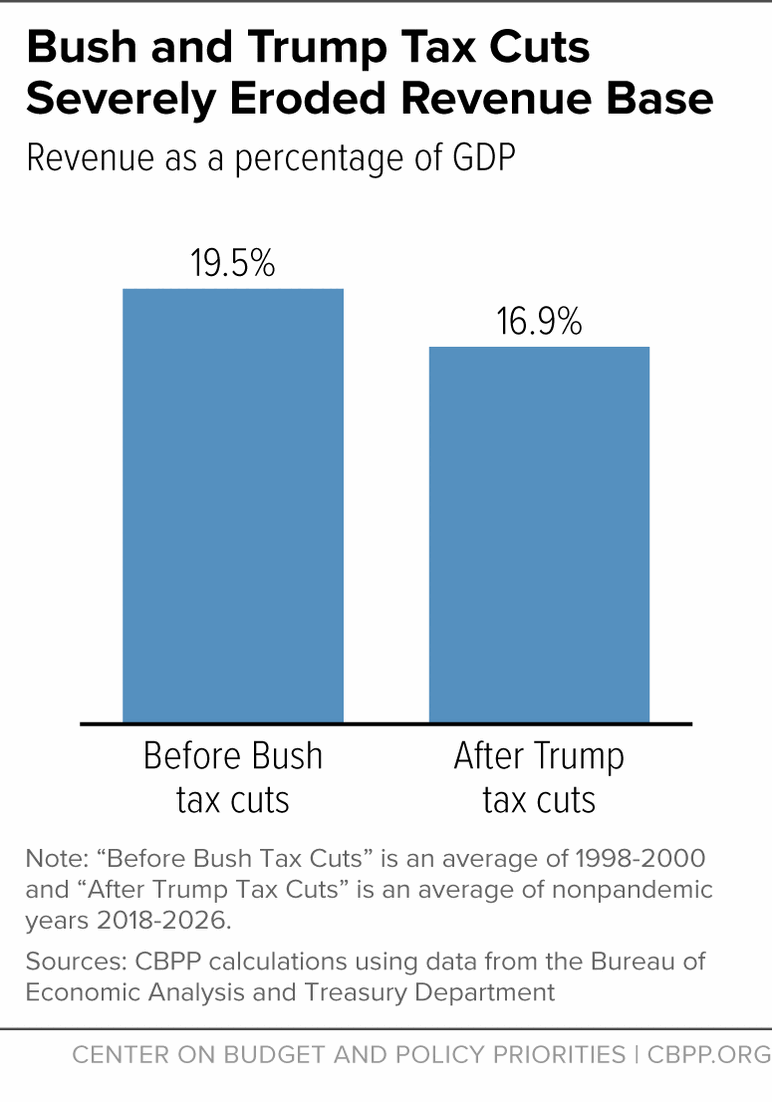Political Drama: Manhattan U.S. Attorney Resigns Over Contested Case Against NY Mayor
The resignation of Danielle R. Sassoon, the acting U.S. attorney in Manhattan, after refusing to halt a case against New York Mayor Eric Adams, was accepted by Emil Bove III, the acting deputy attorney general. Sassoon was criticized by Bove for a perceived lack of compliance with a direct cease order he claims was politically motivated, along with a failure to uphold President Trump’s policy priorities.
Bove set a militant tone from the outset as he reacted to Sassoon’s dismissal of his mandates. He contends that Sassoon negated her professional oath by assuming she could make autonomous decisions that contradicted the President’s and the attorney general’s agendas.
Bove underscored that Sassoon’s effort to pursue the Adams matter was fueled by politics, a stance he endorsed after Sassoon alleged that he quashed the case for political implications. Bove states that the prosecuting attorneys on the case, though previously commended by him, will undergo investigation due to their non-compliance with his orders, and subsequently be placed on a leave of absence.
The matter involving Adams will be withdrawn from the Southern District of New York U.S. attorney’s office and reassigned to Washington, whereupon it is destined for dismissal, according to Bove. The day the correspondence was shared, an additional five prosecutors supervising the Public Integrity unit chose to step down in lieu of abandoning the case.
Bove asserts that a comprehensive review and deliberation of the case took place ahead of his decision to abandon the case. The ‘weaponization’ Bove alludes to is reminiscent of Trump’s commentary on the charges levied against him, insinuating they were political in nature.
Similarly, no breadcrumbs of evidence are yet publicly available to back Bove’s claim that the case against Adams was opened due to political motives. The assertion by Bove that the accusation against Adams, which followed a three-year scrutiny, came hastily in the run-up to the previous presidential election, driven by politicking, has no visible supportive evidence.
Sassoon maintains the preceding U.S. attorney had limited interaction with the Adams matter, refuting Bove’s claim. Bove took issue with the method through which the grand jury delivered an indictment against the mayor, suggesting it was based on a biased and incomplete presentation of the facts.
Despite previously lauding the prosecutor’s efforts, Bove labels the work ‘highly contentious’ in his directive, proceeding to accuse them of ‘defiance’. Bove maintains his perspective that prosecuting Adams could be detrimental to his collaboration with governmental policy, terming it an ‘undesirable’ circumstance that ‘poses a direct threat to the wellbeing of millions of New Yorkers’.
Bove disavows any involvement in potential arrangements to suppress the case involving Adams. Further, he critiques the solidity of the case, declaring it was constructed on ‘intensely assertive’ factual and legal grounds. However, he has hinted that the case may potentially be reopened in the future.
Bove’s statements shed light on the forthcoming investigation of the prosecutor team handling the case, aimed at deciphering ‘suspicious’ actions undertaken by their squad. Now on leave and under scrutiny, the prosecutors stepping in for Sassoon face uncertain times.
In summary, the controversy surrounding the case against Mayor Adams, and the subsequent disagreement leading to Sassoon’s resignation, has caused significant upheaval within the U.S. attorney’s office. Bove’s dismissal of Sassoon’s efforts, along with his accusations against her and the former prosecution team, reflect serious discord and political wrangling.
The fallout is further complicated by Bove’s uncompromising stance on his orders and his commitment to aligning with policy priorities set by President Trump. His insinuation that the charges against Adams were politically motivated without any public evidence further raises concerns around political manipulation in legal processes.
Furthermore, Bove’s decision to label the legal process as irregular and the prosecution’s efforts as ‘contentious’, despite previous praise, puts the legal system’s integrity into question. This incident underscores the complex factors that can influence and potentially undermine legal proceedings in high-profile cases.
This narrative does not conclude here, as the investigations into the previous line prosecutors promise to shed more light on the machinations within the justice system. The resignations at the Public Integrity unit mark a significant twist and escalation, highlighting the deep repercussions this case has had on those involved.

